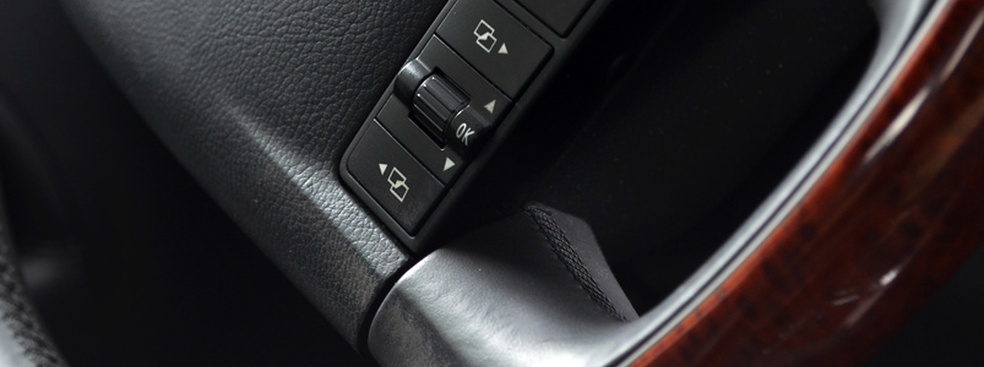This past Thursday, the Japanese Ministry of Transport announced one of the largest vehicle recalls in history: well over 3 million Toyota, Nissan, Honda and Mazda vehicles will be recalled worldwide following the discovery that passenger-side airbags were defective. Affecting cars manufactured between November 2000 and March 2004 in Japan and abroad, Toyota are set to recall some 1.73 million vehicles, Honda 1.13 million, Nissan 480 thousand and Mazda some 45 thousand worldwide.
Of course, a recall of this scale will have repercussions for each of the brands concerned. However, are these four brands on an even playing field? Will each brand be affected similarly or will there be perceivable differences? According to ProfessorJérôme Barthélemy, the brand reputation of each of these four car manufacturers will temper the negative impact of the recall, but not in the way one might expect.
A Good Reputation is a Double-Edged Sword
According to Consumer Report’s 2013 car brand reception survey, Toyota and Honda clearly have the strongest brands, leaving Nisan and Mazda trailing in comparison. These findings are based on data collected from a random, nationwide survey related to quality, safety, value, performance, design/style, technology/innovation, and their environmental friendliness. But while, at first glance, you might think it always beneficial for a company to have a good reputation, the opposite appears to be true in recall crises like these.
“Of course car manufacturers with a strong reputation have the potential to attract more customers and charge higher prices than their competitors,” explains Professor Barthélemy. “However, these same manufacturers also have much larger capacities to disappoint their customers. Research shows us that this level of disappointment is generally reflected in the market.”
Professor Barthélemy cites the example of Pamela Haunschild and Rhee Mooweon’s research which looks at recalls made by all vehicle manufacturers in the United States between 1975 and 1999. Their study is an interesting one because it looks specifically at brands like Buick and Lexus and less so on manufacturers in the strictest sense of the term, like GM or Toyota. Over the period studied, these 46 manufacturers realized some 1853 recalls, with an average of 2.26 recalls per year, per manufacturer.
By simultaneously measuring the brand reputation of each manufacturer using quality indicators provided by Consumer Reports and JD Power, the study showed that the reputations of Lexus, BMW and Acura were more severely affected while Kia, Daewoo and Hyundai were better assessed.
Rhee and Haunschild found that the market shares of all manufacturers significantly reduced when making a recall. However, they also found that the market share of the most reputed manufacturers decreases much more sharply than that of the less reputable manufacturers.
“Why are the most reputed brands more affected by recalls?” asks Professor Barthélemy? “The simple explanation for this paradox is that customers just expect more from the brands that have the highest reputation and have a harder time forgiving shortcomings. According to Consumer Reports, Toyota is the car with the best reputation right now. They will therefore most likely experience a bigger fall in market share compared to the three other car manufacturers concerned by the recall.”
Having a good reputation is therefore a double-edged sword. The more a company is reputable, the more customer expectations are high, and the higher the cost of perceived failure. It’s also important to note that the role of the press is not neutral because they tend to focus more on the plight of the most reputable manufacturers.
A Situation Compounded by Outsourcing?
But according to Professor Barthélemy, what’s of particular interest in this situation is the spotlight it has shone on the systematic outsourcing of vehicle components. Customers may become more aware of the similarities between various brands.
“Toyota, Nissan, Honda and Mazda may have different brand reputations, but they are all affected by this recall because they have various components in common, including the Takata airbag system. This crisis may draw attention to this fact, which will compound its negative impact on the strongest brands. And although research is lacking in the area of outsourcing and brand reputation, it will be interesting to see how this story plays out.”









